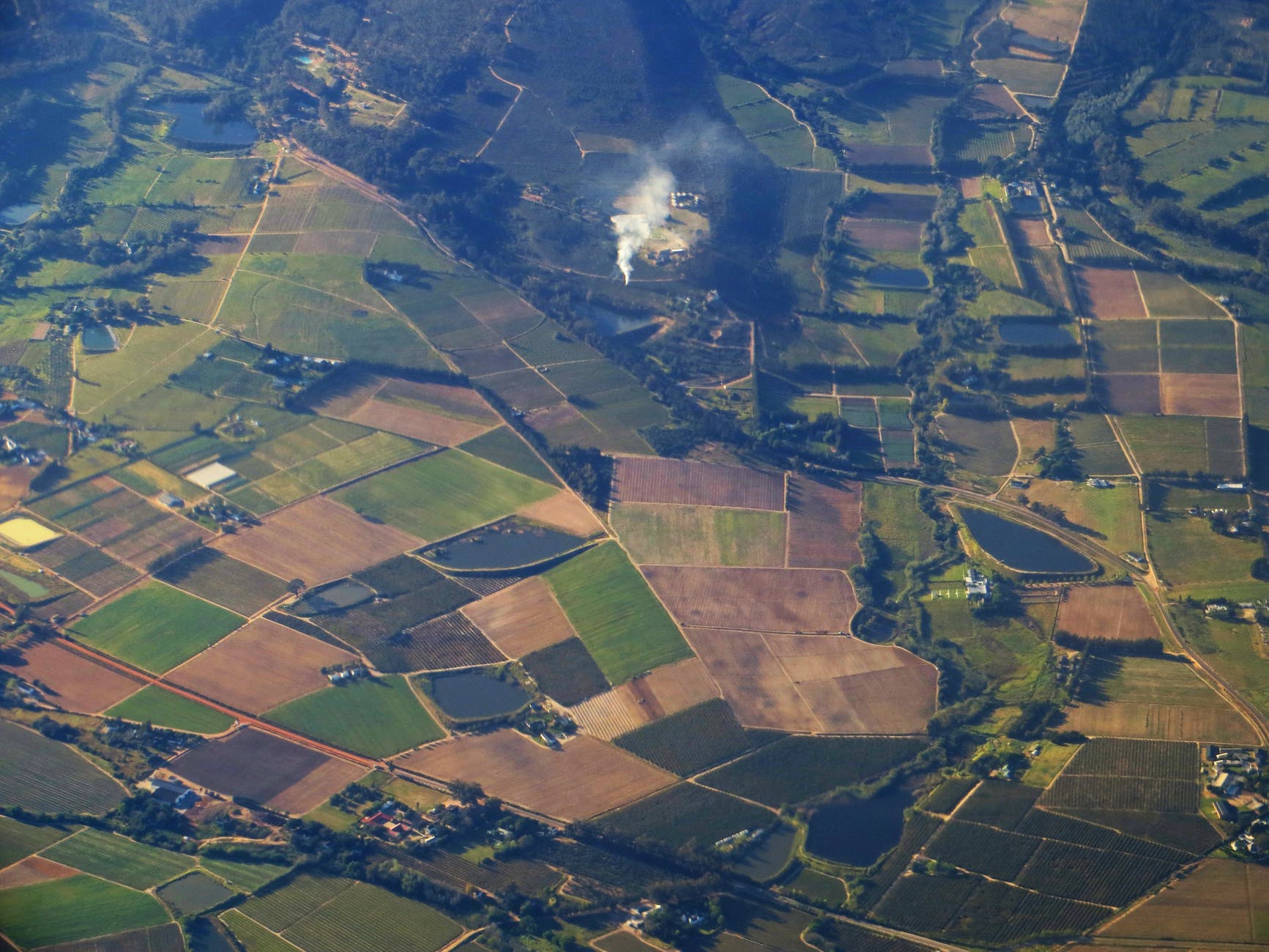Expropriation of land without compensation under the spotlight

28 Oct 2019
The deputy president, David Mabuza, has assured parliament that government will not deviate from its policy position to amend the Constitution in order to enable the expropriation of land without compensation.
The deputy president was replying, in the national assembly, to a question on progress made by the Inter-Ministerial Committee on Land Reform and Agriculture with regards to coordinating and providing political leadership to accelerate land reform.
He clarified that the land reform process aims to achieve sustained inclusive economic growth, address the skewed concentration of ownership by large corporations/monopolies and diversify the economy through re-industrialisation, manufacturing and beneficiation.
“In other words, we are pursuing a land reform programme for increased agricultural production, for integrated human settlements in order to address apartheid spatial planning, and for industrial use to support manufacturing and other means of production.”
The deputy president indicated that the Inter-Ministerial Committee is currently drawing up government’s comprehensive response to the recommendations made by the Panel of Experts on Land Reform.
The responses will be tabled in cabinet for approval.
“It is worth pointing out that the Panel of Experts on Land Reform has supported the amendment of the Constitution to set out unambiguous provisions for expropriation of land without compensation. The Panel also supports the finalisation of the Expropriation Bill to enable land expropriation within a properly guided legislative framework.”
The deputy president noted that the Ad Hoc Committee to Initiate and Introduce Legislation Amending Section 25 of the Constitution has declared that it will meet the deadline of 31 March 2020 to finalise its work.
He confirmed that government will also proceed with the development and tabling of the Draft Expropriation Bill currently underway to provide for the expropriation of property for a public purpose or in the public interest.
As regards the Ad Hoc Committee, in a recent statement, it reaffirmed its commitment to meet the deadline prescribed by Parliament.
The committee plans to hold a preparatory workshop next month and will strive to meet until the middle of December in order to meet the deadline and expedite the process.
The committee also committed to “sufficient and inclusive public hearings”.
In response to a question on the model adopted by government for unlocking the economic potential of South Africa’s land and property assets, the deputy president announced that “government is taking a holistic approach to the release, and redistribution of state-owned land and properties to address current and future developmental priorities”.
“As part of accelerating land reform, government has prioritised intervention measures that will unlock strategically located land for redistribution to support agricultural production, human settlements and industrial development.”
The deputy president also indicated that government needs to, in the medium to long-term, “integrate and streamline systems to establish a common set of intergovernmental norms for records and inventories of state owned land and property assets across the country”.
See also:
(This article is provided for informational purposes only and not for the purpose of providing legal advice. For more information on the topic, please contact the author/s or the relevant provider.)
